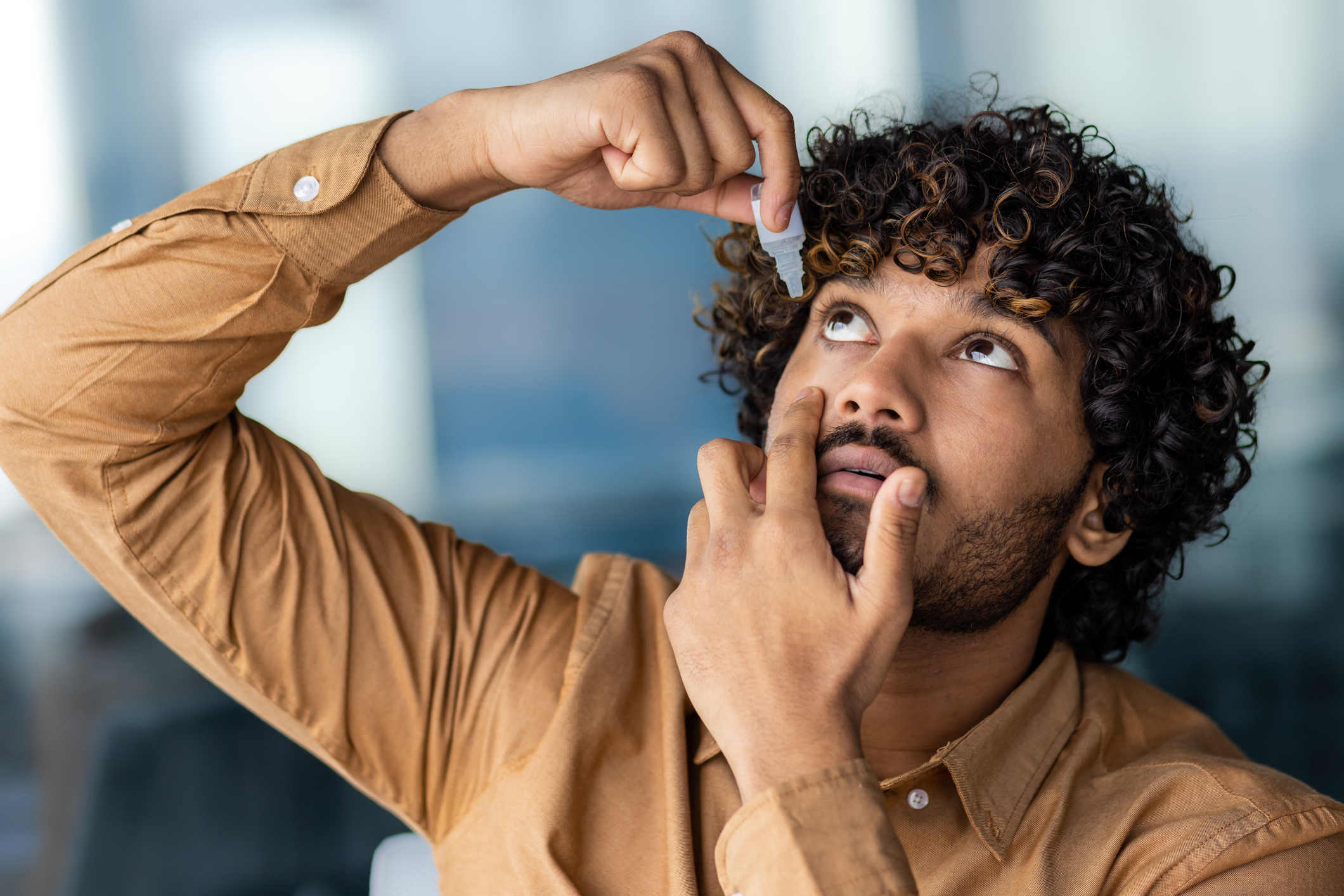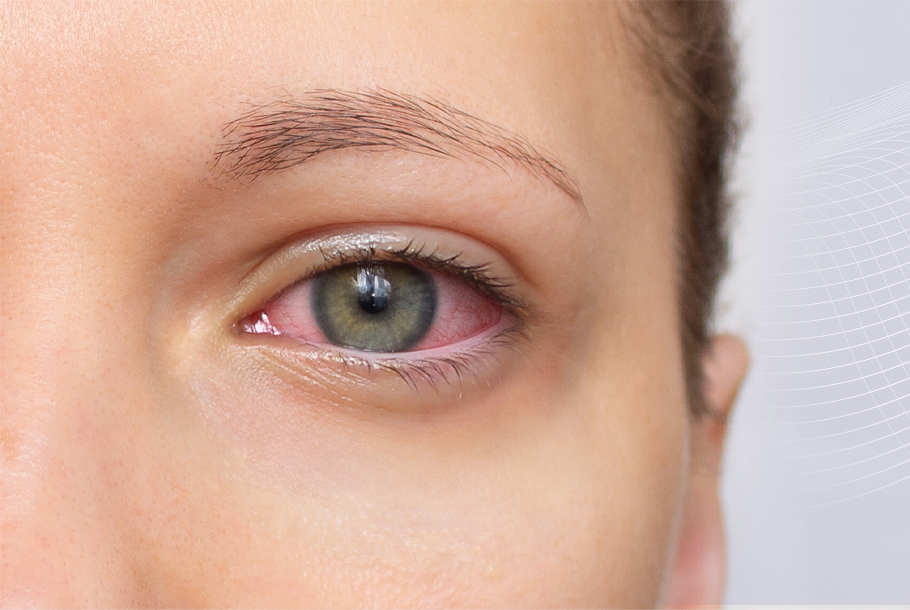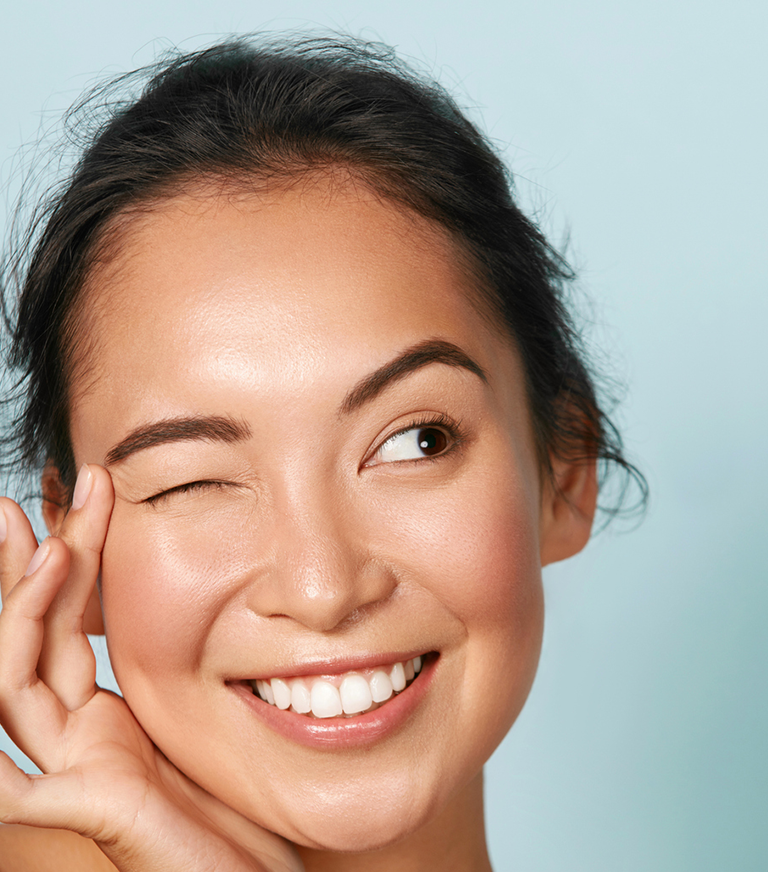Treatment Options
It’s important to visit your eye care professional to receive the correct diagnosis for your dry eye in order to determine the best treatment plan for you. It’s likely you will be recommended a combination of treatments and it’s very important that you commit to following your plan. It’s not an overnight cure, it’s a long term strategy that your ECP will support you with.
MY EYES, MY TREATMENT, MY RELIEF
At Home Treatments
The sheer number of eye drops, gels, ointments, masks and sprays is overwhelming. Some provide temporary relief, others stabilize your tear film, and some are best used at night time.
Choosing which one is right for you is best done in conjunction with advice from your optometrist. Once they have diagnosed your type of dry eye, they can recommend the best options for your treatment plan.

In Office Treatments
There is a wide range of in office treatments available to help treat dry eye. These treatments can only be performed by trained eye care professionals and will often provide longer lasting relief than at home remedies.
A few examples of these treatments are Intense Pulse Light (IPL), Punctal Plugs and Amniotic Membrane Therapy. Your optometrist will work with you to determine which therapy is best for you.

Lifestyle and Environmental Changes
In today’s world we can often work in dry environments, stare at screens all day, and then grab a ready meal on our way to an event. Life is busy. Your optometrist may suggest some gentle changes to help improve your dry eye. Having a humidifier in your work space, taking regular breaks from your screen, being aware of your blink rate and increase it, even taking a good quality Omega-3 to improve tear quality can all help.

Sound Complicated? Our Doctors are Here to Help!
Your eye doctor will walk you through your fully customized treatment plan, explain each component and monitor you frequently to help ensure compliance and make changes as necessary.


